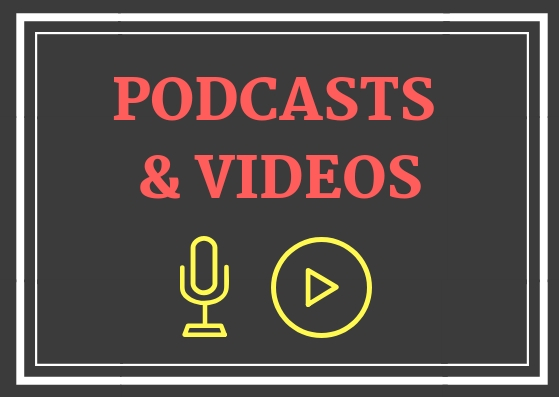Clear and Present Danger: A History of Free Speech
Jacob Mchangama, founder and executive director of Justitia, a think tank devoted to human rights, guides listeners through the history of free speech from the trial of Socrates to the Great Firewall of China.
Think About It
Ulrich C. Baer, a professor of comparative literature, German, and English at NYU, hosts in-depth conversations with leading speakers on free speech issues as they relate to such topics as affirmative action, campus speech, freedom of expression, and more.
So to Speak
FAW partner Foundation for Individual Rights in Education, hosts a podcast of candid conversations with top thinkers on such topics as campus speech, censorship, and First Amendment issues in the news.
Amicus With Dahlia Lithwick | Law, Justice, and the Courts
Slate’s senior editor and legal correspondent discusses hot topics in the news including the Mueller investigation, Supreme Court decisions, and President Trump’s judicial appointees.
Conversations at the Schoolhouse Gate: The New Voices Podcast
Hosted by Mike Simons, a member of JEA’s Scholastic Press Rights Committee, the podcast presents new information and ideas to challenge educators and advisors of journalism programs in high schools and post-secondary schools.
Make No Law
Ken White, a First Amendment litigator and criminal defense attorney at Brown White & Osborn, discusses important First Amendment cases and topics such as Street v. New York, the Supreme Court case that extended freedom of expression to the American flag, and the line between hate speech and free speech.
The First Five
Freedom Forum Institute president Gene Policinski and Lata Nott, executive director of FFI’s First Amendment Center, host discussions around the five freedoms of the First Amendment and how they relate to such topics as dissent, social media, censorship, and symbolic speech.
We The People
Hosted by the National Constitution Center’s Chief Executive Officer, Jeffrey Rosen, the podcasts explores such topics as Martin Luther King’s Constitutional Legacy, what James Madison might think of the media today, voter rights and election laws, and the history of Supreme Court confirmation hearings.

